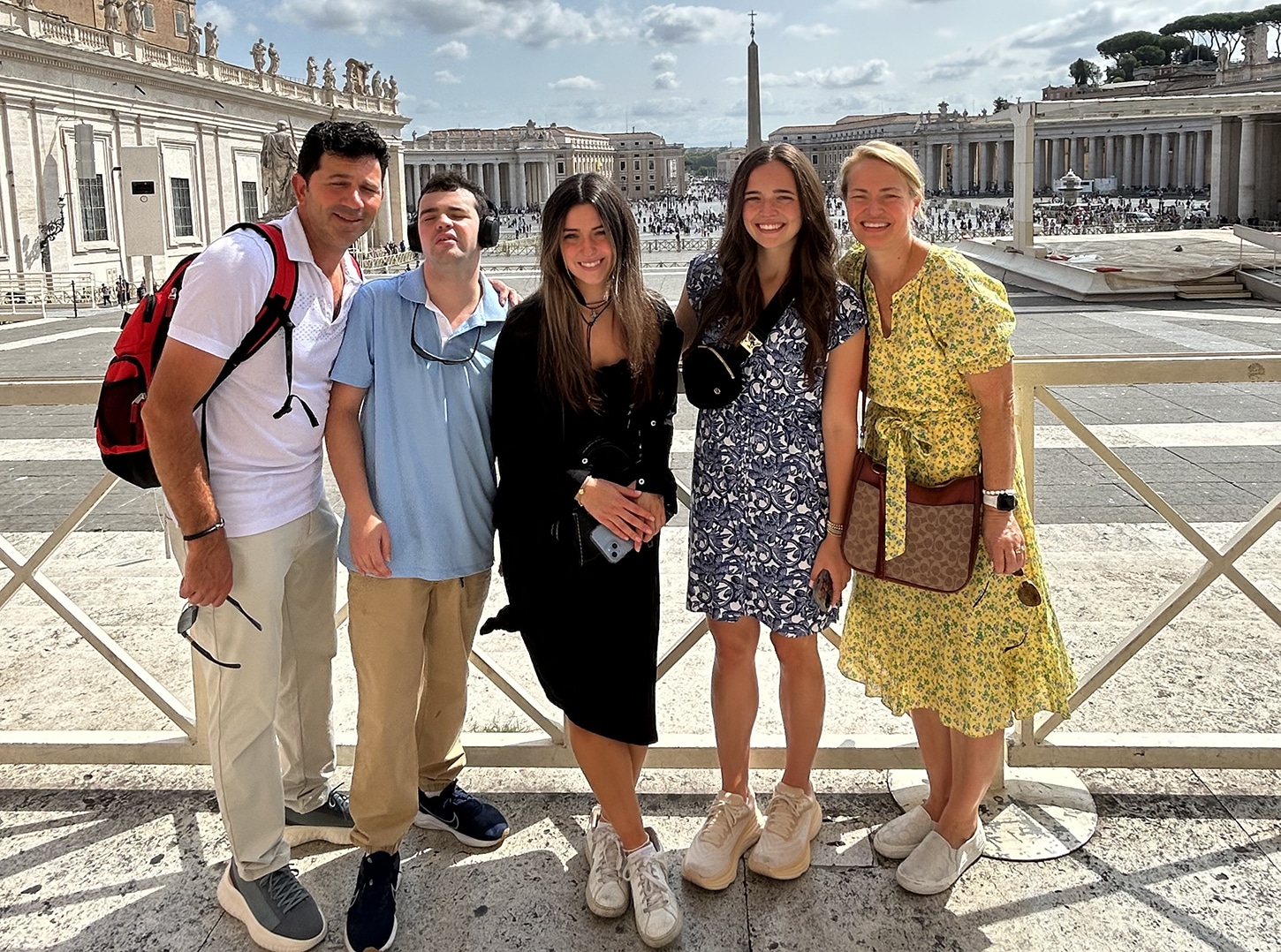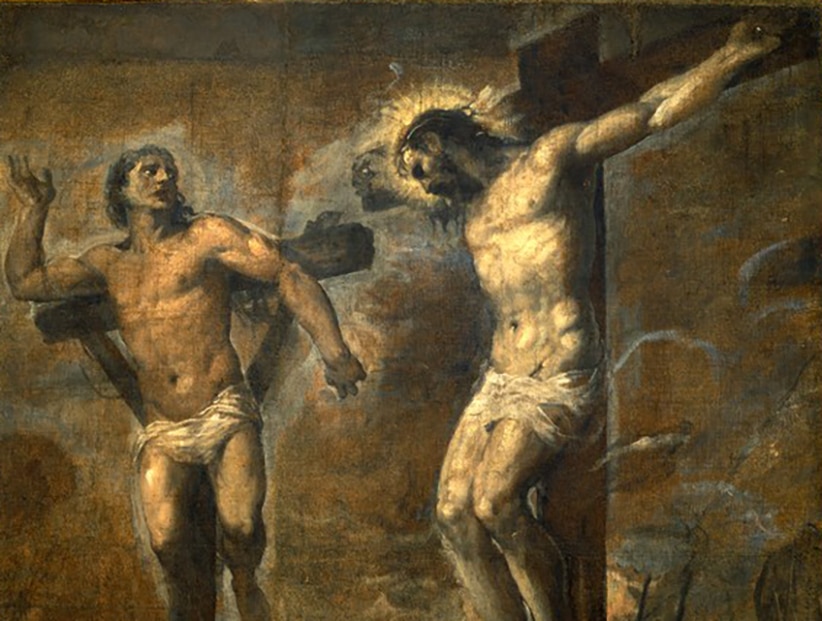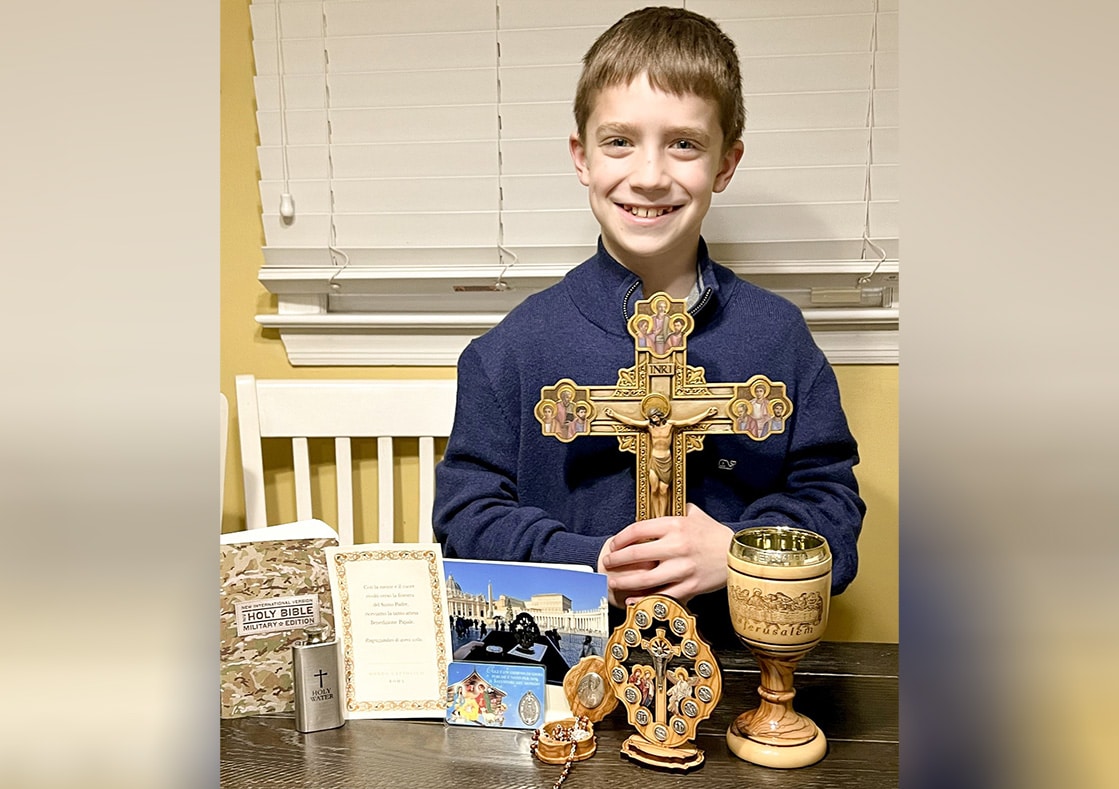Liz Fiordalisi still remembers when her son, who cannot speak with words, revealed what makes him most anxious.
“Christopher spelled ‘missing Mass,'” she said, sharing her amazement from last year. “For him to say that, now that he said that, it’s like, wow, we really can’t miss Church now.”
Two years have passed since 23-year-old Christopher from Suffolk County, New York, first learned how to communicate by pointing at letters on a board to spell out words. Born premature with his two sisters as a triplet, he was later diagnosed with apraxia — a disorder exhibited by an inability to take action even if one has the physical ability or understanding and desire — and autism spectrum disorder.
For most of his life, Christopher listened to and absorbed everything around him, Fiordalisi said. But no one knew — because he couldn’t communicate.
Fiordalisi and her mother, Dr. Katherine Schlaerth, a California family physician and pediatrician, recently spoke with Our Sunday Visitor about the hidden capabilities of those with disabilities while advocating for outreach about the resources available. Drawing from professional and personal experience, they shared suggestions for how the Catholic Church can better support children with disabilities and their families, including by ministering to their spiritual needs.
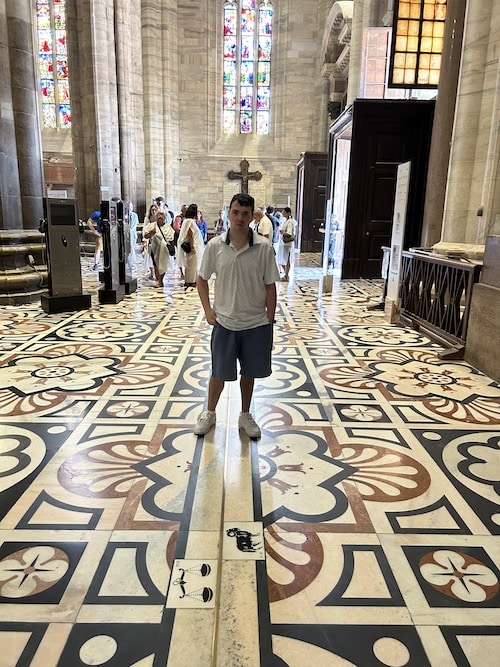
Both emphasized the importance of recognizing the humanity of those with disabilities.
“They are still humans … no matter what the disability, in whatever type of a faith situation they’re raised in, don’t discount them,” Fiordalisi wanted people to know.
Christopher’s story
After birth, Christopher underwent every therapy and biomedical treatment available, Fiordalisi, a site supervisor for a social adult daycare program for people with Alzheimer’s-related dementia, said.
“So many treatments, you name it, we tried it,” Fiordalisi said. “We traveled all over. We did everything we could afford to do.”
Christopher made little progress before aging out of the public school system where he attended intensive special education classes. Then, during the COVID-19 pandemic, Fiordalisi read the 2021 book “Underestimated: An Autism Miracle ” by father-and-son J.B. Handley and Jamison Handley. The book follows the story of Jamison, an intelligent nonspeaker teenager with autism, who learned to communicate with the world through spelling.
“Okay, we’re going to do this,” Fiordalisi remembered thinking at the time.
In 2021, they underwent training with Elizabeth Vosseler, director of Growing Kids Therapy Center in Herndon, Virginia, to learn about Spelling to Communicate (S2C). This method of communication, according to the center, “teaches individuals with motor challenges the purposeful motor skills necessary to point to letters to spell as an alternative means of communication.”
Fiordalisi realized that Christopher already knew how to spell.
“From the moment that we learn to speak, we stop listening as much because we’re so busy talking,” Fiordalisi said she learned from Vosseler. “But if you have no ability to speak, your ability to listen and hear becomes so much more acute because you’re not wasting your time wanting to talk or saying what you’re going to say or whatever; you’re just taking it all in.”
Now, she said, they know he can do math, understands science, and even spell words in Spanish.
“He has a lot more knowledge than we ever realized — and he’s not the only one,” she stressed. “There are thousands like him out there.”
A look at hidden capabilities
Christopher’s grandmother, Dr. Schlaerth, said that, in addition to her personal experience with her grandson, she interacts with children diagnosed with autism spectrum disorder professionally.
Dr. Schlaerth, director of pediatrics curriculum at the Rio Bravo Family Medicine Residency Program and a physician at the Clinica Sierra Vista in Bakersfield, California, called understanding autism and what causes it a “big void in terms of medical knowledge.”
“When we’re talking about the autism spectrum or the more severe parts of autism,” Dr. Schlaerth said, “we really have no idea [the capabilities] a child or an adult with autism has because of the problem with communication.”
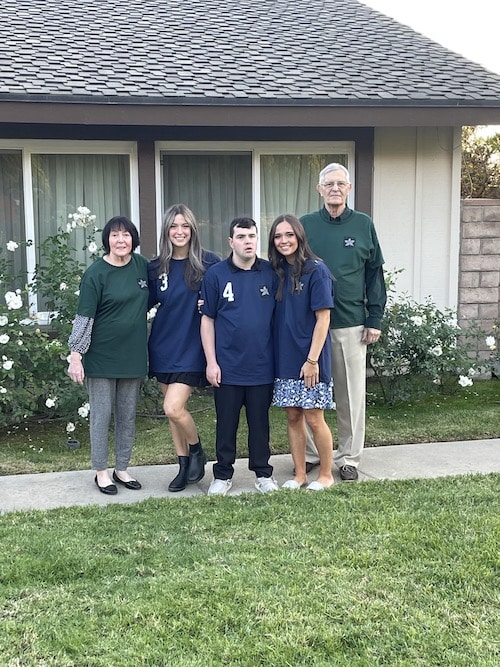
Dr. Schlaerth, an author who has appeared on “Oprah,” shared that Christopher is taking virtual classes in fourth-grade math and chemistry while pursuing his interests in reptiles, astronomy and sports.
Her daughter, Fiordalisi, added that her message is “just because somebody has a disability, I wouldn’t presume that there is no intelligence there.”
Parents as advocates
Dr. Schlaerth recognized the parents and caretakers of children with disabilities as heroes, including her daughter and son-in-law for their persistence in caring for and seeking a way to communicate with Christopher.
She also spoke from personal personal experience, as an older sister of a brother with severe cerebral palsy.
“It demands a tremendous amount of rearrangement of tasks and responsibilities and all kinds of things,” she said, while at the same time emphasizing, “he was our brother and he was a human being and we had to do what we could to make his life better.”
Outreach about resources available
Dr. Schlaerth expressed concern about families not knowing about the programs and resources available to support them and their children with disabilities.
“For us, it was unbelievable,” she said of communication through spelling. “It was a miracle seeing what Christopher knew and what he could do.”
She and Fiordalisi highlighted Growing Kids Therapy Center for children like Christopher. Fiordalisi also pointed to I-ASC, International Association for Spelling as Communication, a spelling advocacy nonprofit based in Herndon, Virginia, also led by Vosseller.
“The other thing is, if the Church can realize that there might be much more understanding than what meets the eye on the part of these children and other children,” Dr. Schlaerth said. “One of the missions needs to be to really identify and include [them] in the spiritual life of the Church because they need it and they want it.”
Recommendations for the Church
Fiordalisi suggested general recommendations for churches to support families like hers.
“If there was a way to make [a] designated handicap area in churches,” she said. “And just a welcoming attitude …. Maybe just put something in the bulletin about welcoming people with disabilities or, I think, just conveying that.”
For their part, the Fiordalisi family attends Sunday Mass every week, usually in a smaller chapel where the acoustics don’t bother Christopher as much and where seating is available to them in the vestibule.
She also called for outreach to families who may not pursue the sacraments for their children because they think they’re not capable: “To let families know that just because they’re disabled doesn’t mean that their faith is not important,” she said.
Dr. Schlaerth suggested ideas for Catholic schools to better include those with disabilities, even if their resources are limited, beginning with a consortium of Catholic schools to pool resources to fund and offer the education needed.
Spiritual needs of disabled
Fiordalisi shared that Christopher received the sacraments — his first Communion, confession and confirmation — at their parish, Infant Jesus in Port Jefferson, New York. As her son grew up, she would sit with him during religious education classes and, if he became disruptive, walk in the halls with him.
She also read all the materials to him leading up to confirmation.
“I didn’t know what he was taking in,” she said. “But he’s a child of God, and I felt that the faith was there and he should be confirmed.”
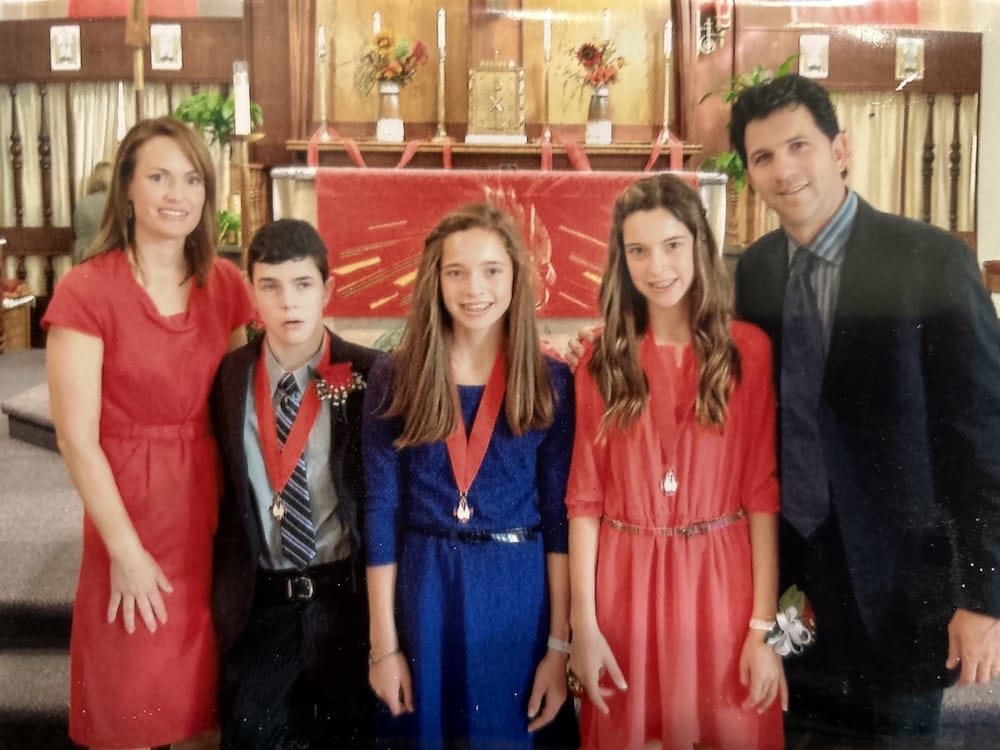
Even through difficulties, such as his confirmation where the bishop wore bright red (which can trigger sensory issues) in a packed church, they felt supported. Christopher can be disruptive with his stimming or making sounds and calling out or clapping his hands, Fiordalisi said.
“I would say that the church was just accepting of him, which was really wonderful,” she said.
Catholic parishes and communities should not overlook ministering to those with disabilities, Dr. Schlaerth added.
“In Christopher’s case, obviously, he understood about religion,” she said. “He had a concept of it, but we never knew it.”
Along the way, the Fiordalisi family feels God’s presence. Last year, they traveled to the Vatican where they experienced two special, unexpected moments: being invited to walk right up to Pope St. John Paul II’s tomb in St. Peter’s Basilica and a special blessing for Christopher and their family in the Sistine Chapel.
The priest, Fiordalisi remembered, asked for her intentions. She responded: “I’d like for my son to have a happy and fulfilled life.”

